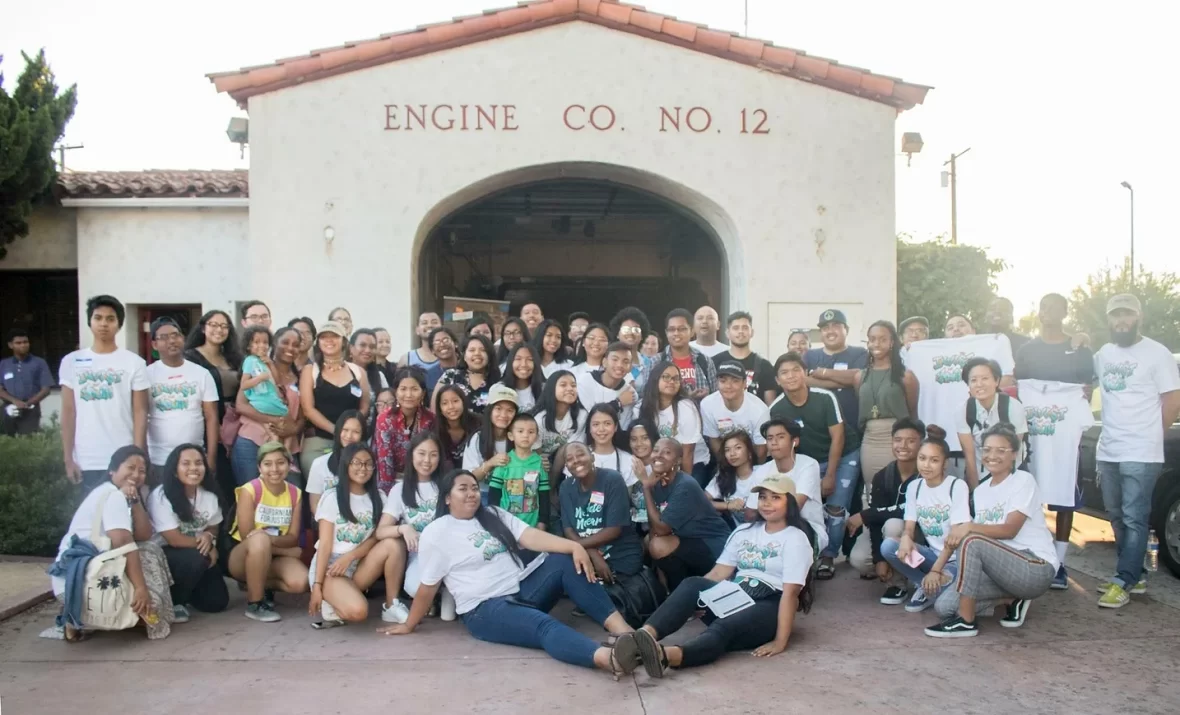“The Invest in Youth Long Beach Coalition”

Lin, May, and R. Varisa Patraporn. 2022. “The Invest in Youth Long Beach Coalition.” Journal of the American Planning Association 0(Anti-Racist Futures: Disrupting Racist Planning Practices in Workplaces, Institutions, and Communities):1–14. doi: 10.1080/01944363.2022.2123023.
Problem, strategy, and findings: Broader power imbalances across race, class, and age hamper anti-racism in planning. Here, we show how the youth of color–led Invest in Youth Coalition in Long Beach (CA; IIY-LB) pushed the city to implement co-production and youth co-governance in budget planning, strategic planning, and city program development. We drew from participant observation, semistructured interviews, and secondary sources to highlight youth organizing (YO) strategies, including leadership development, political education, electoral organizing, and storytelling. Youth leaders redefined budgetary agendas through participatory research and other strategies that highlighted disinvestment in, and criminalization of, youth and communities of color. They successfully won city attention and resources for positive youth development. Building on partnerships cultivated with the city, IIY-LB also secured more equitable representation and decision-making power of low-income queer youth and youth of color in strategic planning processes. The coalition amassed and flexed electoral power of systemically disenfranchized communities, winning a local ballot measure to secure and fund an Office of Youth Development. Finally, IIY-LB has collaborated with the city to enact youth co-governance in the office’s implementation. This case study advances co-production and youth engagement literatures by illuminating specific YO strategies to achieve elusive models of authentic community collaboration and co-governance.
Takeaway for practice: IIY-LB shows how planners can concretely share power with youth and communities of color, especially YO groups, at all stages of planning. Funders and planners can divert resources directly to youth and community organizing groups, whether via multiyear, unrestricted grants or directly resourcing YO groups to lead capacity building. Planners should build longer, more flexible timelines and collaborative spaces to support substantive youth decision making. Planning educators can support promote service learning and internships with YO groups to develop planners’ understanding of organizing.